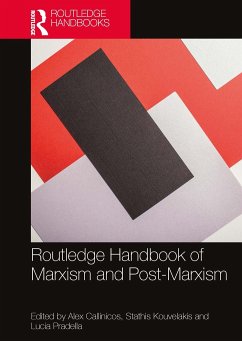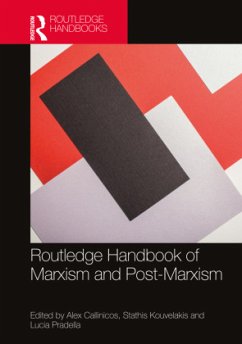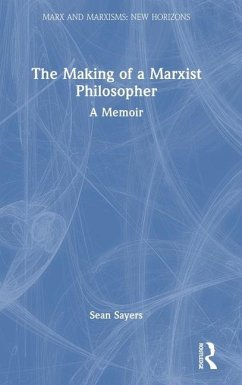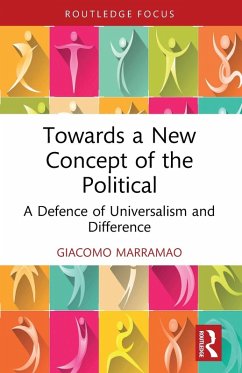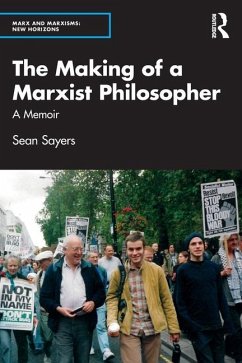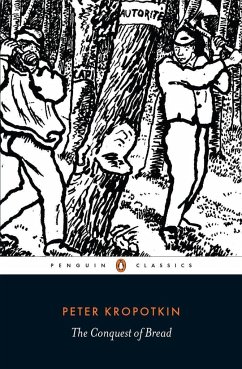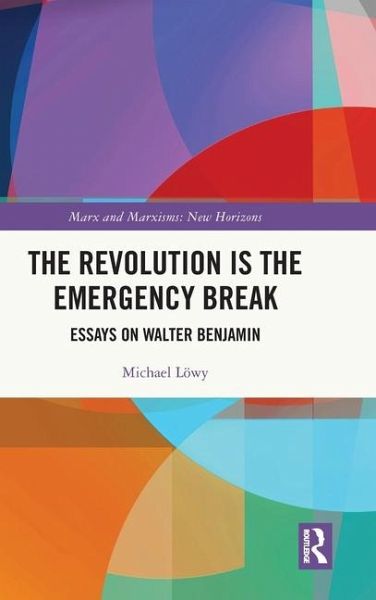
The Revolution is the Emergency Break
Essays on Walter Benjamin
Versandkostenfrei!
Versandfertig in 6-10 Tagen
154,99 €
inkl. MwSt.
Weitere Ausgaben:

PAYBACK Punkte
77 °P sammeln!
Winner of the 2020 European Walter Benjamin Prize, The Revolution is the Emergency Break is a rich discussion of Walter Benjamin's lesser-known writings by renowned social scientist Michael Löwy. Translated into several languages but available in English for the very first time, Löwy's book brings together the philosophical, literary, theological and cultural aspects of Benjamin's writings, including his relation to figures such as Gershom Scholem and Franz Rosenzweig, his interpretation of historical materialism, surrealism, anti-fascism and anarchism, his contribution to understanding capi...
Winner of the 2020 European Walter Benjamin Prize, The Revolution is the Emergency Break is a rich discussion of Walter Benjamin's lesser-known writings by renowned social scientist Michael Löwy. Translated into several languages but available in English for the very first time, Löwy's book brings together the philosophical, literary, theological and cultural aspects of Benjamin's writings, including his relation to figures such as Gershom Scholem and Franz Rosenzweig, his interpretation of historical materialism, surrealism, anti-fascism and anarchism, his contribution to understanding capitalism as a religion, and his relevance for Latin America and ecology today. The concept of revolution in his writings - not only the political ones but also those that deal with art, literature or theology, run through the work, connecting the various chapters. The Revolution is the Emergency Break also features four new chapters in this collection. Written in a clear-eyed, accessible language, The Revolution is the Emergency Break is a must-read for researchers, teachers and students interested in the works of this influential German intellectual.






